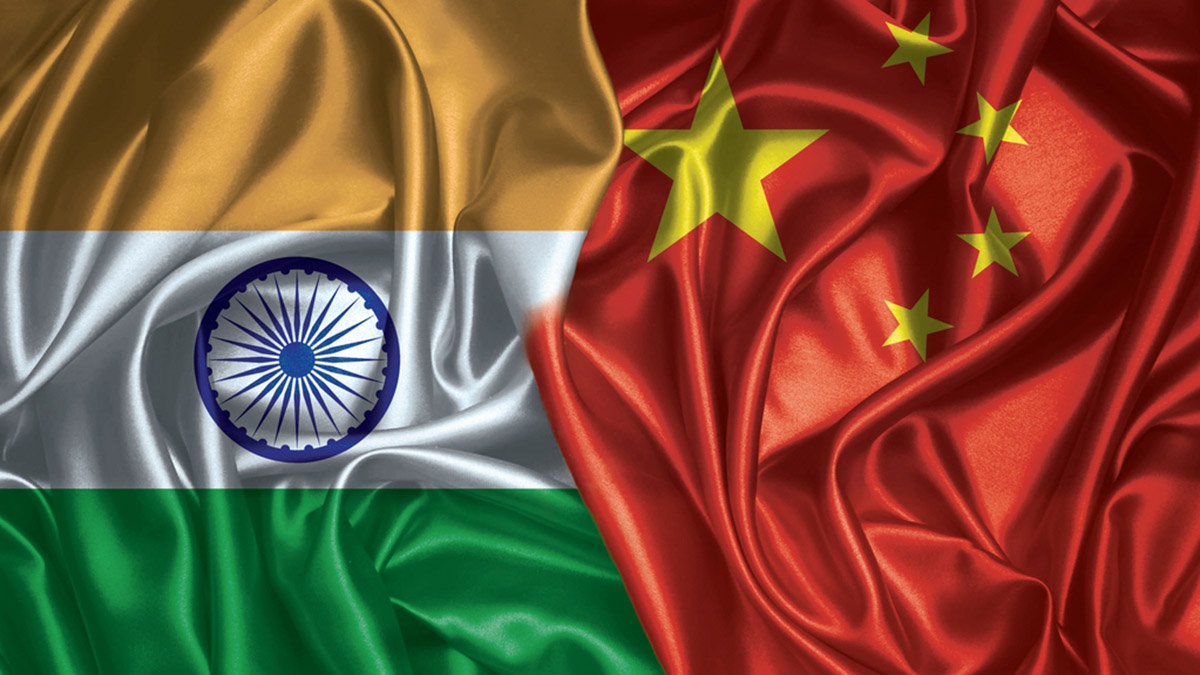Days after Union Minister for Minority Affairs Kiren Rijiju said that only the current Dalai Lama and the conventions established by him can determine his successor, China on Friday objected to the minister’s remarks, urging India to act cautiously on Tibet-related issues to avoid its impact on bilateral relations.
“India should be clear of the anti-China separatist nature of the 14th Dalai Lama and honour its commitments on Xizang (Tibet) related issues,” News 18 quoted Chinese Foreign Ministry Spokesperson Mao Ning as saying.
“India should exercise caution in its words and actions, stop interfering in China’s internal affairs with Xizang related issues and avoid impact on the improvement and development of the China-India relationship,” Mao added.
The statement comes after Rijiju, a practising Buddhist, made the remarks on Wednesday, in what is widely seen as a direct rebuttal to China’s assertions on the matter.
“The Dalai Lama is the most important and defining institution for Buddhists,” Rijiju said, adding, “All those who follow the Dalai Lama feel that the incarnation is to be decided by the established convention and as per the wish of the Dalai Lama himself. Nobody else has the right to decide it except him and the conventions in place.”
On Tuesday, the 14th Dalai Lama issued a statement reaffirming that the institution of the Dalai Lama would continue and that only the Gaden Phodrang Trust holds the legitimate authority to recognise his future reincarnation.
Impact Shorts
More ShortsThe announcement comes ahead of the Tibetan spiritual leader’s 90th birthday on July 6, amid growing concerns that China may attempt to unilaterally appoint a successor, leveraging its political control over Tibet.
In response, the Chinese foreign ministry reacted sharply, with Spokesperson Mao Ning asserting that the reincarnation “must be chosen by drawing lots from a golden urn, and approved by the central government (of China).”
She further claimed that while China upholds a policy of religious freedom, it also “implements regulations on religious affairs and methods for managing the reincarnation of Tibetan living Buddhas.”
With inputs from agencies


)

)
)
)
)
)
)
)
)



